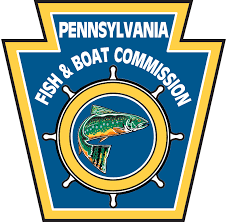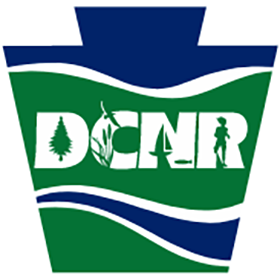The Nature Conservancy (TNC) announced a new combined investment of $4.25 million awarded by the Richard King Mellon Foundation that will catalyze tangible, durable conservation outcomes for people and nature throughout Pennsylvania, West Virginia, and the broader Central Appalachians landscape.
TNC will receive a four-year, $4 million revolving fund designed to enable large-scale protection of critical ecosystems such as the Kittatinny Ridge, the Allegheny Front and the Canaan Valley. Protecting nature within these places will help achieve TNC’s goals of improving water quality, preserving biodiversity, restoring forests and building climate resiliency. It will also support equitable outcomes for communities, including Native and Indigenous Peoples who have long protected their lands and waters in reciprocity with nature, often guided by deep connections to place, culture and ways of knowing.
Using its local-to-global conservation approach, TNC will take a collaborative approach throughout the Appalachians by continuing to expand or build partnerships with state and federal agencies, Native and Indigenous Peoples, municipalities, private landowners, community groups and other environmental non-profits.
“This transformative gift marks a significant investment in nature-based solutions that will benefit millions of people throughout the Central Appalachians,” said Lori Brennan, Executive Director of TNC in Pennsylvania and Delaware. “We applaud and thank the Richard King Mellon Foundation for its ongoing commitment to conservation on a regional scale.”
Additionally, TNC will receive a $250,000 activation grant to advance existing preserves by improving visitor access, adding interpretative signage and facilitating future community benefits along a roughly 30,000-acre protected corridor stretching from the Allegheny Front into the Canaan Valley.
“Our identities and well-being are intrinsically connected to the natural spaces around us. They provide indispensable resources, wildlife habitat, outdoor recreation, protection from climate change and so much more,” said Thomas Minney, State Director of TNC in West Virginia. “Protecting the lands and waters that care for us will help our local economies thrive, which is why this gift from the Richard King Mellon Foundation is poised to make such an immediate, positive impact.”
“By strengthening The Nature Conservancy’s work throughout the Central Appalachians, this gift positions us to act quickly on critical land protection deals while securing the region’s corridors and provide perpetual habitat to migrating species,” said Jennifer Morris, Chief Executive Officer of The Nature Conservancy. “The Richard King Mellon Foundation’s support is directly in line with our bold 2030 goals which will not only protect critical habitats, lands and waters but also be a significant boost for lives and livelihoods and enable concrete strides for the Appalachians and beyond.”
Since 1947, the Richard King Mellon Foundation has been one of the nation’s leading champions of environmental conservation, having helped to conserve more than 4.5 million acres across all 50 states.
“TNC is one of the Foundation’s oldest conservation partners,” said Sam Reiman, the Foundation’s Director, “having worked together since the 1970s to protect thousands of acres of America’s precious lands, the trustees have counted on TNC to achieve the conservation outcomes of the past and continues to count on them to do so today.”
About The Nature Conservancy: TNC is a global conservation organization dedicated to conserving the lands and waters on which all life depends. Guided by science, we create innovative, on-the-ground solutions to our world’s toughest challenges so that nature and people can thrive together. We are tackling climate change, conserving lands, waters and oceans at an unprecedented scale, providing food and water sustainably and helping make cities more sustainable. Working in 79 countries, we use a collaborative approach that engages local communities, governments, the private sector, and other partners. Learn more at nature.org.




